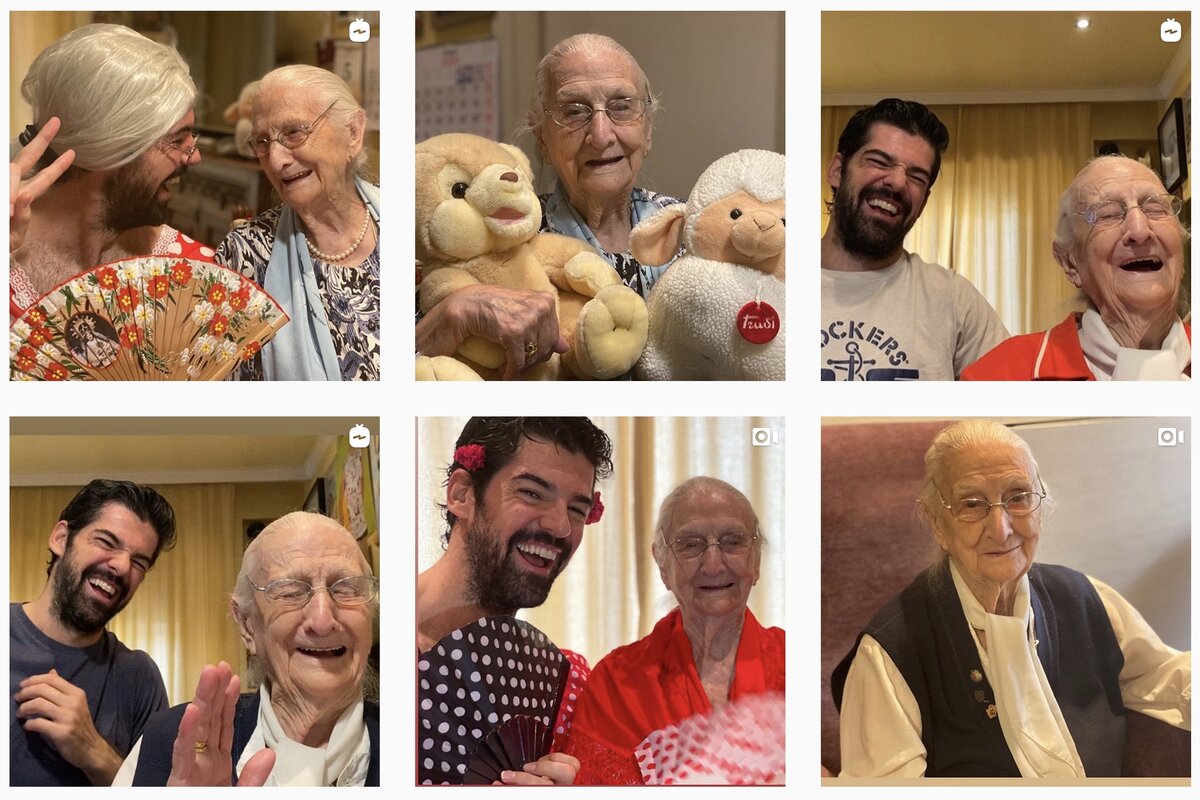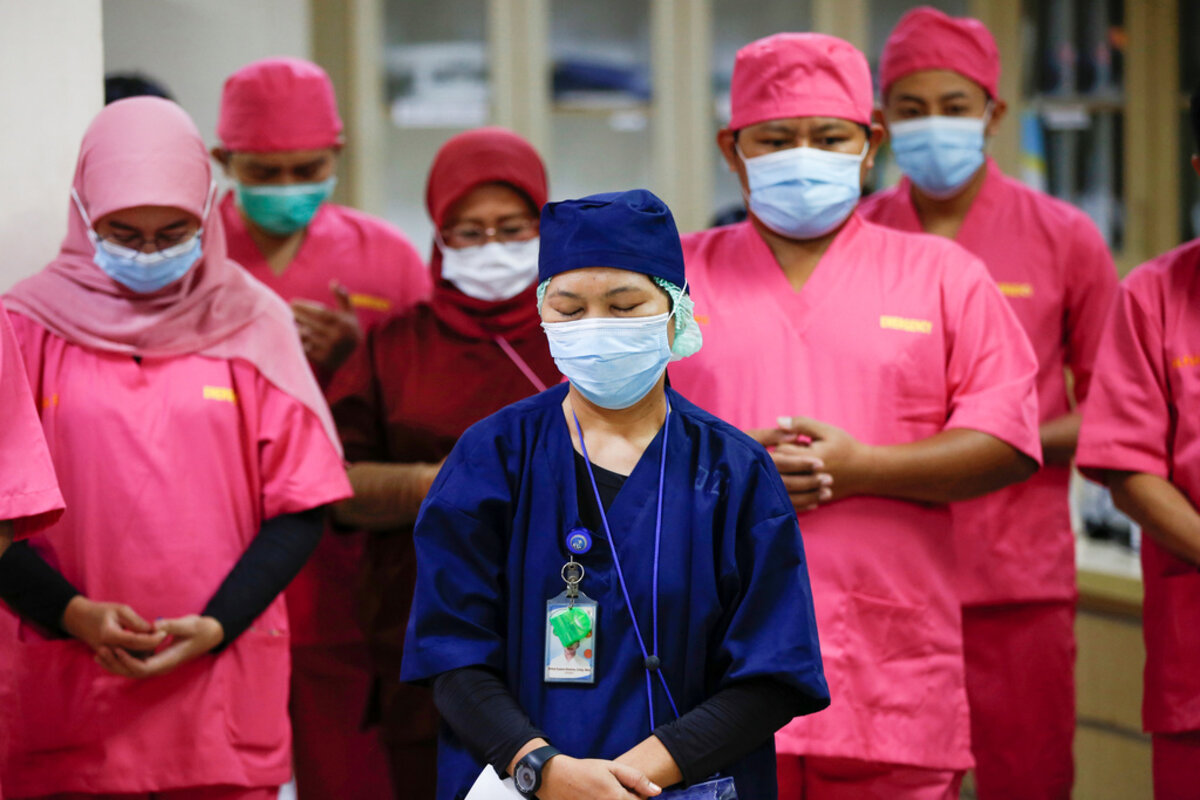The question of how to reopen schools has loomed large for parents and educators. Europe is starting to feel its way slowly, with a premium on patience and creativity.
Monitor Daily Podcast
- Follow us:
- Apple Podcasts
- Spotify
- RSS Feed
- Download
 Noelle Swan
Noelle Swan
Today’s stories explore European efforts to reopen schools, the use of diversion in presidential communications, a historical view of nationalism during moments of crisis, an unexpected cadre of social media stars, and recommendations for comic relief from our film critic.
For many of us sheltering in place, pandemic life is about getting by with whatever is on hand. From makeshift masks to make-do hairdos, we’re all finding ways to tap into our inner MacGyver. That same spirit of innovation is evident all over the world, as nations with varying resources muddle through this crisis.
When the coronavirus began to appear outside China, officials in Senegal took stock. With 16 million people and just 50 ventilators, they decided to 3D-print their own. And rather than wait for Western nations to donate testing supplies, Senegalese researchers are developing their own diagnostic kits. Their model, which is currently in clinical trials, returns a response in under 10 minutes for about $1. Such innovation has helped Senegal achieve one of the world’s highest COVID-19 recovery rates.
Halfway around the globe, researchers at Stanford University are attacking the problem from a different angle, with the help of about a million volunteers. Ordinary citizens are lending a morsel of their home computer’s processing power to help scientists better understand the coronavirus through the Folding@Home project. Through the power of distributed networks, the project has inadvertently broken the record for the worlds’ fastest supercomputer.
Neither Senegal’s health system nor the Folding@Home network used breakthrough technology to accomplish these milestones. They made do with what they had, and used it in creative new ways.
Which is something we all find ourselves doing in our day-to-day lives these days.









